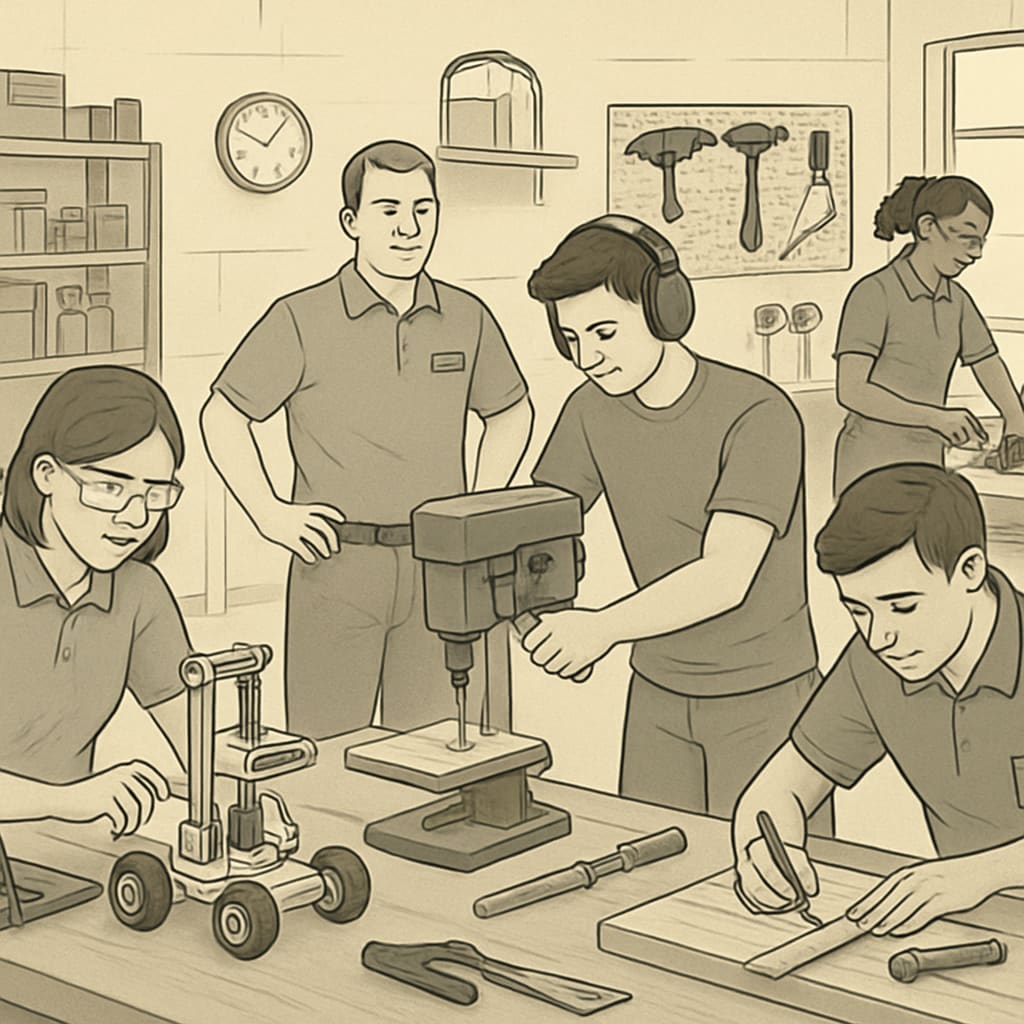The rising unemployment rate, coupled with evolving workforce demands, has raised critical questions about the education value provided by traditional K-12 schools. For decades, academic achievement has been the gold standard for measuring success in education, but in today’s economy, is it still relevant? As the gap between school-taught skills and job market requirements widens, it’s time to reconsider whether focusing solely on academic performance prepares students adequately for the challenges ahead.

Why Academic Success Alone May No Longer Be Sufficient
Historically, academic achievement was considered the gateway to higher education and lucrative careers. However, in an era of automation and artificial intelligence reshaping industries, many traditional jobs are disappearing. As a result, individuals with strong theoretical knowledge but limited practical skills often struggle to secure employment. According to a Britannica article on unemployment, the global economy increasingly demands adaptability, creativity, and technical competencies—attributes that are often underemphasized in conventional K-12 education systems.
For example, while subjects like mathematics and literature build critical thinking, they often fall short of teaching applied skills such as coding, digital literacy, or financial planning. This disconnect has left many graduates unprepared for careers in emerging fields like technology, healthcare, and renewable energy.
Bridging the Gap: Reimagining Education to Address Employability
To align K-12 education with modern workforce needs, we must rethink how schools define success. Instead of prioritizing test scores and rote learning, educators should focus on fostering skills that translate directly to employability. Here are some strategies that could help:
- Incorporating Vocational Training: Introducing courses in trade skills, coding, or digital marketing can provide students with hands-on experience in high-demand areas.
- Project-Based Learning: Encouraging collaborative projects that mimic real-world challenges can help students develop problem-solving and teamwork skills.
- Soft Skills Development: Teaching communication, adaptability, and emotional intelligence can prepare students for the interpersonal demands of the workplace.
These adjustments could better equip students to navigate the uncertainties of the job market while also fostering a sense of purpose in their learning experiences.

Challenges and Opportunities in Reshaping K-12 Education
Transforming the education system is not without challenges. Resistance to change, funding limitations, and the need for teacher training are significant hurdles. However, the opportunities are equally compelling. By shifting the focus from academic achievement to holistic development, schools can play a pivotal role in reducing unemployment rates and fostering a more resilient workforce.
For example, Finland’s education system has gained global recognition for emphasizing creativity, collaboration, and practical skills alongside academics. According to Wikipedia’s overview of Finland’s education system, their approach has led to high levels of both student satisfaction and employability. Adopting similar methods in other countries could yield promising results.
Conclusion: Redefining Success for the Future
The high unemployment rates we face today highlight the need for a paradigm shift in how we value K-12 education. While academic achievement remains important, it should no longer be the sole measure of success. By integrating employability skills, vocational training, and soft skills into the curriculum, schools can better prepare students for the complexities of the modern job market. Ultimately, redefining the value of education is not just about closing the gap between schooling and skills—it’s about empowering the next generation to thrive in a rapidly changing world.


